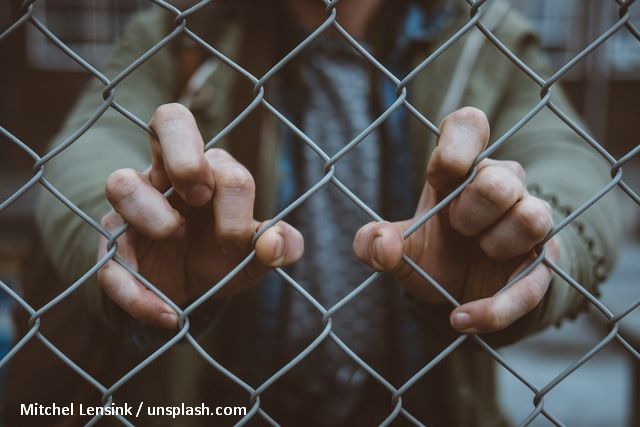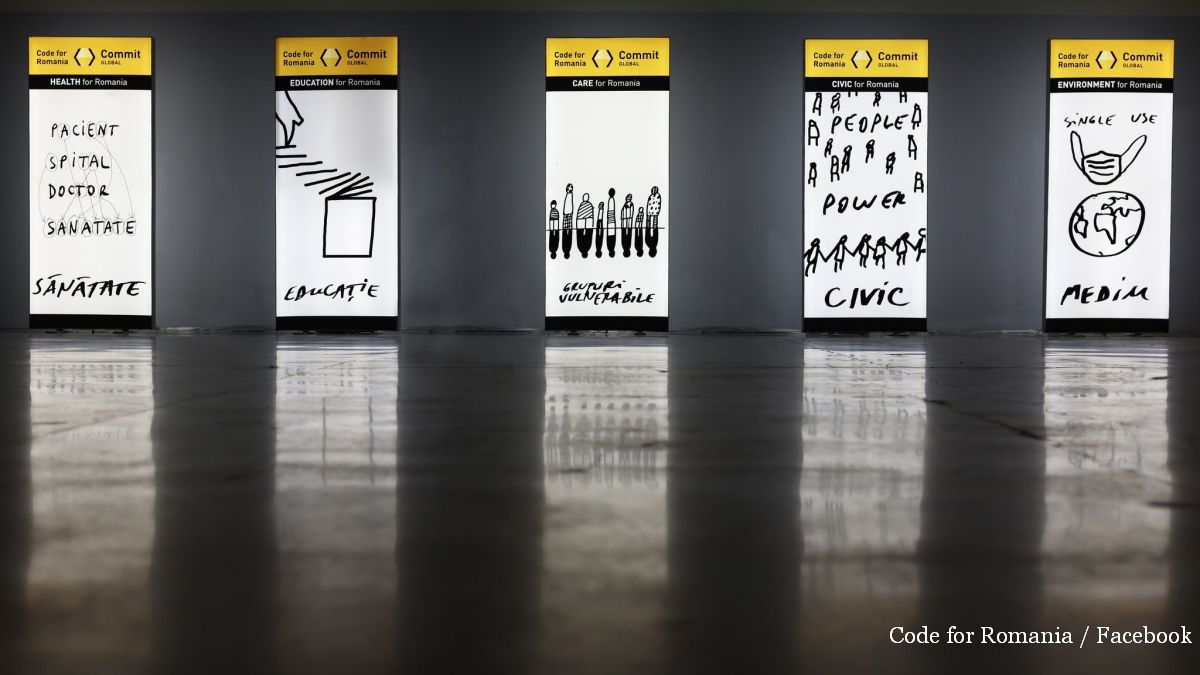Migration, the EU’s Headache
The growing number of migrants from year to year has generated tensions and divisions between the 27 member states of the Union

Corina Cristea, 19.04.2024, 13:29
The result of a difficult compromise, the European pact on migration and asylum recently adopted by MEPs comes against a backdrop of increasing asylum applications and illegal entries into the Union, especially from North Africa. 1.14 million asylum applications were registered last year – the highest level since 2016, according to the European Asylum Agency, while illegal entries, also on the rise, stood at around 380,000. The outcome? The growing number of migrants from year to year has generated tensions and divisions between the 27 member states of the Union. Remus Pricopie, the rector of SNSPA, made an analysis of the situation on Radio Romania, in which he spoke about the need for a hierarchy of migrants. University professor Remus Pricopie said: “We have to help those who are in a complicated situation. What options do Ukrainians have? What options do the Syrians have? There are no options in the conditions where there is war, and as long as there is conflict, it is normal for the respective families to simply flee. You have no way to say ‘No, we don’t accept, we don’t approve, go back to Ukraine’, but there are other situations where this migration, in fact, is catalyzed either by traffickers or for other reasons, so we have to have a ranking or prioritization of migrants, because, in the end, the resources of the European Union countries are limited,”. In his analysis, he spoke about the migration policy and the rise of extremist discourse:
“Different procedures in different countries and different rules in different countries within the European Union have made this policy quite inconsistent. Until we discuss how migrants are managed and the decisions that are made, if they have the right to asylum or not – there are some very clear rules here, I think we should look a little bit at the bigger politics. Actually, migration is one of the reasons why extremist discourse has grown all over Europe, on one hand. On the other hand, there is the very serious problem of managing these people. We are talking about millions of people at the level of the European Union, we are not talking about 10,000, 20,000, we are talking about millions. Since there have been humans on earth, there has been a process of migration, however, in the 70s, 80s and 90s, migration represented a relatively small percentage compared to the population of the respective countries. (…) Today, Austria, a country with which we are debating the subject of Schengen, has 20% of the population with an Austrian passport, with an Austrian ID, coming from other countries, beyond the migrants who are on the territory of Austria, but who have not yet have become citizens, or it is not known when they will become so. There are over four million Turks in Germany.”
Remus Pricopie also draws attention to another aspect: migration can also be used as a geopolitical tool, he says, and gives an example: Turkey, when it was angry with the European Union, opened the migration valve. The Migration and Asylum Act is the first legislation that imposes a unitary approach at the level of all member states. It is a regulation, not a directive, which means that it will be applied as such in the EU states. What does this regulation bring? First, simpler and faster procedures for selecting those who are entitled to asylum and, at the same time, for the return of those who do not qualify – between three and seven days, depending on whether they entered illegally or legally. Another new element is the scanning of all migrants and inclusion in a common database at a European level, in an attempt to limit the entry of people who may pose risks to community security. Fingerprints and facial images of all persons over the age of six will be collected and registered in the European Eurodac database. At the same time, according to the new regulation, the member states are obliged to provide asylum seekers with certain equivalent reception standards regarding living conditions, education and medical assistance. Accepted asylum seekers will be able to start working no later than six months after submitting their application. Migrants will also be subject to medical tests. At the same time, a mechanism of solidarity is established, so that no member state bears the pressure of migration alone, regardless of whether it is on the Mediterranean border or on land routes. Will all this solve the problem? They can reduce migration, believes university professor Remus Pricopie:
“The problem of migration can only be overcome if countries try to solve, at least partially, the problem at its roots. Why do these people leave their country? They generally leave for a few simple reasons: war, I have already mentioned Syria, Ukraine, etc., dictatorial political regimes, fundamental violations of human rights, or poverty. So, by trying, through European policies, policies even at the global level through the United Nations, to fight against these causes, migration will be reduced. If we say, ‘no, we build a wall or a fence’, they will jump the wall. Trump said he wants to build a wall of 4,000 kilometers, he didn’t, but with a wall and without a wall, (there have been) two million arrests at the southern border of the United States of America, but last year 20 million people forced the border between Mexico and the US, people from not only Mexico, but from Central and South America. The problem of migration is the biggest global problem at the moment, of course, unless we’re talking about global warming, which obviously trumps them all.”
The migration and asylum reform will apply starting in 2026.





























